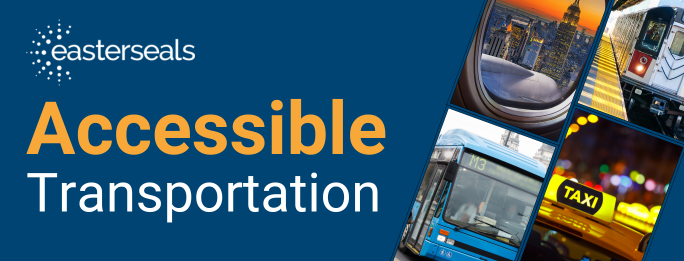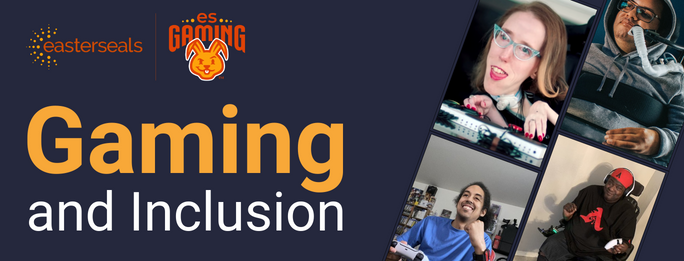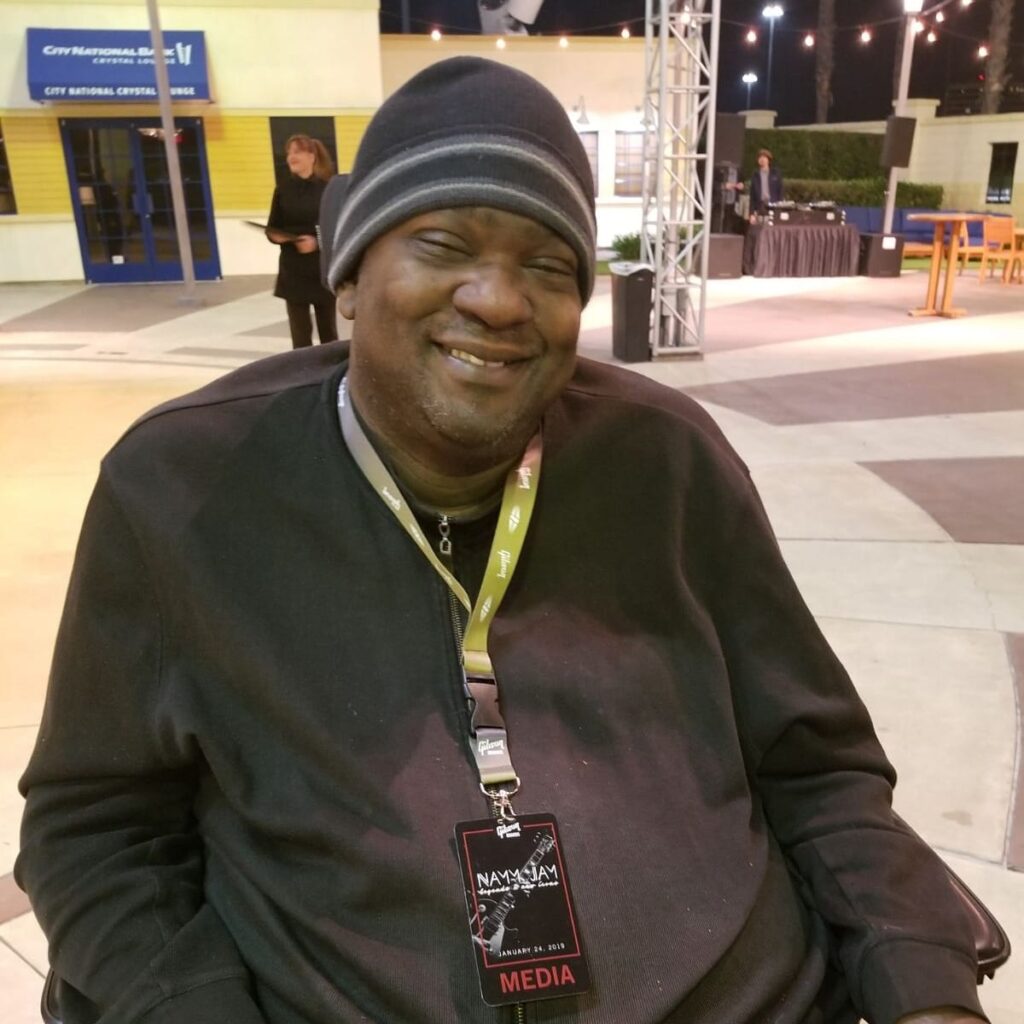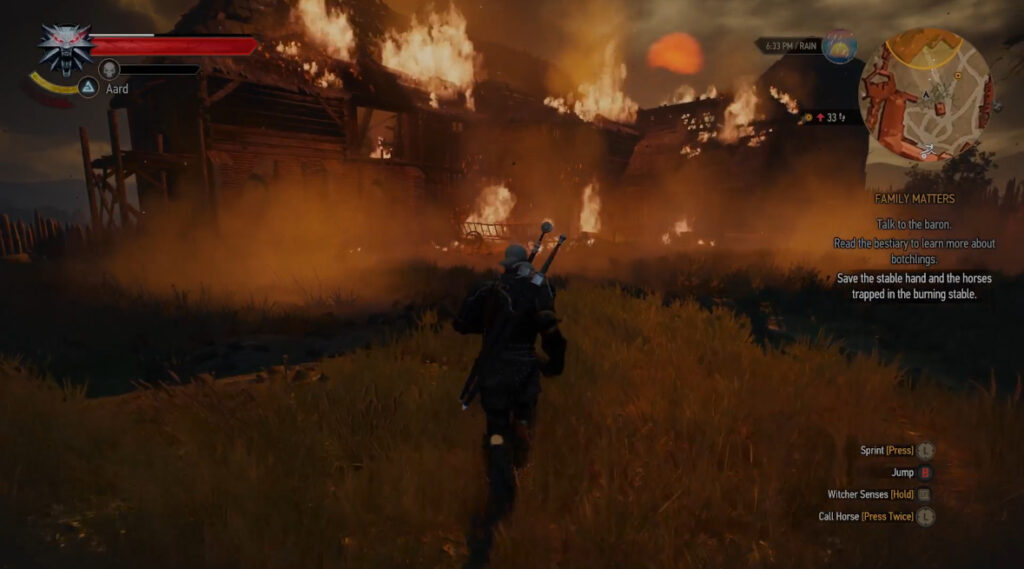
For Immediate Release
NADTC Equity and Accessibility: Transportation Planning Grants Will Address Transportation Inequities in Nine Communities Across the Country
Washington, April 28, 2022
Media Contact:
Carrie Diamond, NADTC Co-Director, Easterseals
cdiamond@easterseals.com
(312) 405-2248
Virginia Dize, NADTC Co-Director, USAging
vdize@usaging.org
(202) 872-0888
The National Aging and Disability Transportation Center (NADTC) has announced a new round of funding to support the development of program innovations and new models for equitable and accessible transportation to meet the needs of vulnerable and underserved populations, especially older adults and people with disabilities from diverse communities. NADTC has awarded $173,495 in competitive grants to 9 communities in eight states—CO, CT, IA, NM, NY, OH, OR, and RI.
The 9 grantees will each receive grants of up to $20,000 to engage in inclusive planning with community representatives from historically marginalized populations and local aging, disability, and transportation organizations, and develop a written plan of action that addresses transportation equity and accessibility.
“The COVID-19 pandemic has highlighted the critical role of public transit in communities across the country, yet even where public transit is readily available, it may not fully meet the unique mobility needs of older adults and people with disabilities,” said Sandy Markwood, CEO of USAging. “Responses to a 2021 NADTC national equity, diversity and inclusion transportation survey indicate that trip costs, safety issues, lengthy wait times and a lack of mobility options are some of the most significant barriers faced by both older adults and younger adults with disabilities from historically marginalized populations. To begin to address equity and accessibility challenges in transportation, older adults and people with disabilities representing populations with unique needs must be invited to the transportation planning table so their needs are recognized, and their voices are heard.”
“According to the Easterseals’ recent COVID-19 study, the pandemic has increased the inequities affecting people with disabilities,” said Kendra Davenport, President and CEO of Easterseals, Inc. “Our research also found that isolation is the most reported cause of stress during COVID-19. Older adults face barriers to transportation and often, physical challenges related to aging that make it harder for them to access and use public transportation. The freedom and mobility public transit provides helps people with disabilities, older adults, and caregivers remain involved in and connected to their communities. These grants will ensure their voices are heard in the planning process and help communities establish new, viable solutions to address the inequity and social isolation that a lack access to transportation can create.”
The Innovations in Mobility grantees are:
- Pikes Peak Area Council of Governments in Colorado Springs, CO, will provide direction to specialized transportation services offered in the region and aim to better understand the needs of the African American, AAPI, Hispanic, Native American, and White individuals who depend on specialized transit services, identify gaps, and create a list of innovative projects to incorporate into the new Specialized Transit Plan. Visit www.ppacg.org to learn more about this grantee.
- The Agency on Aging of South Central Connecticut in North Haven, CT, will develop a plan for the expansion of TrustedRide-Certified (TRC) in Greater New Haven and implement door-through-door services that serve African American, AAPI, Hispanic, Native American and White older adults and individuals with disabilities who face obstacles such as mobility challenges, limited technology access, language barriers, anxiety and travel avoidance, and living in underserved towns. Visit www.aoascc.org to learn more about this grantee.
- HIRTA Public Transit in Urbandale, IA, will build on current planning efforts to more fully engage African American, Hispanic and White people with disabilities and create a committee called IDEAS (Inclusion Diversity Equity Assessment) to expand the organization's ongoing unmet needs assessment specifically focused on improving transportation for people with disabilities. Visit www.ridehirta.com to learn more about this grantee.
- North Central New Mexico Economic Development District in Santa Fe, NM, will identify longstanding mobility needs of Hispanic, Native American, and White older residents with disabilities using inclusive stakeholder assessments to develop equitable plans for adding targeted demandresponse microtransit in rural New Mexico. Visit www.ncnmedd.com to learn more about this grantee.
- Colonie Senior Service Centers, Inc. in Albany, NY, will develop a plan identifying vital needs of African American, AAPI, Hispanic, Native American, and White older adults and those with disabilities due to isolation during the pandemic. The plan will include a strategy to re-engage them by providing transportation to medical appointments, shopping, health and wellness activities, dining, social and cultural events. Visit www.colonieseniors.org to learn more about this grantee.
- Family Health Services in Sandusky, OH, will work towards regionalization of transportation systems by increasing the understanding and support for equitable and accessible transportation for African American, AAPI, Hispanic, Native American, and White older adults and people with disabilities through a sub-committee of the Mobility Management Team of community stakeholders and members of the target population. Visit www.familyhs.org to learn more about this grantee.
- The Ohio State University in Columbus, OH, will focus on inclusive engagement of African American, AAPI and Hispanic older adults, individuals with disabilities and individuals with limited English proficiency to capture participant challenges and ideas for solutions for improving the local transit system infrastructure through focus groups, walk audits and transit audits. Visit www.osu.edu to learn more about this grantee.
- Ride Connection, Inc. in Portland, OR, will develop a Technology Innovations Strategy through an inclusive planning process to learn from older adults, people with disabilities, and BIPOC (Black and Indigenous People of Color) communities about their priorities and how people may be burdened by or excluded through innovation. Visit www.rideconnection.org to learn more about this grantee.
- Rhode Island College Foundation-Age Friendly RI in Providence, RI, will explore the expanded use of community and nonprofit vehicles to reduce transportation gaps, and involve updating an inventory of transportation resources, understanding unmet demand, and designing a pilot project in a targeted geographic area for African American, AAPI, Hispanic, Native American and White older adults and people with disabilities. Visit www.agefriendlyri.org to learn more about this grantee.
About the National Aging and Disability Transportation Center
The National Aging and Disability Transportation Center (NADTC) is funded through a cooperative agreement of Easterseals, USAging and the U.S. Department of Transportation, Federal Transit Administration, with guidance from the U.S. Department of Health and Human Services, Administration for Community Living. NADTC’s mission is to increase accessible transportation options for older adults, people with disabilities and caregivers nationwide.
About USAging
USAging is the national association representing and supporting the network of Area Agencies on Aging and advocating for the Title VI Native American Aging Programs. Our members help older adults and people with disabilities throughout the United States live with optimal health, well-being, independence and dignity in their homes and communities.
About Easterseals
Easterseals is leading the way to full equity, inclusion, and access through lifechanging disability and community services. For more than 100 years, Easterseals has worked tirelessly with partners to enhance quality of life and expand local access to healthcare, education, and employment opportunities. Through the national network of Affiliates, Easterseals provides essential services and on-theground supports to more than 1.5 million people each year – from early childhood programs for the critical first five years, to autism services, to medical rehabilitation and employment programs, to veterans’ services, and more. Easterseals public education, policy, and advocacy initiatives positively shape perceptions and address the urgent and evolving needs of the one in four Americans living with disabilities today. Together, we’re empowering people with disabilities, families, and communities to be full and equal participants in society.




 “Streaming is both accessible and not accessible,” Evans said. “The streaming part itself is accessible, in that it allows me to make my own schedule, and I can work it around my disabilities. However, the inaccessible part is the demand for content creators to constantly be networking, attending events and continuously pushing out content. I cannot attend events, and if I can they’re incredible stressful, so all my work networking has basically been done online, which thankfully is becoming a more acceptable side of content creation.”
“Streaming is both accessible and not accessible,” Evans said. “The streaming part itself is accessible, in that it allows me to make my own schedule, and I can work it around my disabilities. However, the inaccessible part is the demand for content creators to constantly be networking, attending events and continuously pushing out content. I cannot attend events, and if I can they’re incredible stressful, so all my work networking has basically been done online, which thankfully is becoming a more acceptable side of content creation.” “I must say over the years it has become less and less accessible for me,” Martínez said. “SMA (Spinal Muscular Atrophy) causes strength, endurance and mobility loss as time passes. I can’t use a physical keyboard as I used to, so it’s been years now with an on-screen keyboard. Voice dictation doesn’t work well for me due to my voice being inconsistent, not to mention my accent. In English it can go from totally wrong to acceptable. In Spanish, my native language, it works better.”
“I must say over the years it has become less and less accessible for me,” Martínez said. “SMA (Spinal Muscular Atrophy) causes strength, endurance and mobility loss as time passes. I can’t use a physical keyboard as I used to, so it’s been years now with an on-screen keyboard. Voice dictation doesn’t work well for me due to my voice being inconsistent, not to mention my accent. In English it can go from totally wrong to acceptable. In Spanish, my native language, it works better.” “What drew me to consulting was the opportunity to leverage my unique perspective as both an able-bodied and disabled gamer to improve the gaming experience for others,” Lane said. “I can share the frustrations I’ve faced as a disabled gamer and use that knowledge to advocate for better accessibility features. Companies and studios that I work with go the extra mile to make sure I have everything I need to succeed.”
“What drew me to consulting was the opportunity to leverage my unique perspective as both an able-bodied and disabled gamer to improve the gaming experience for others,” Lane said. “I can share the frustrations I’ve faced as a disabled gamer and use that knowledge to advocate for better accessibility features. Companies and studios that I work with go the extra mile to make sure I have everything I need to succeed.”





Connect with us on social media